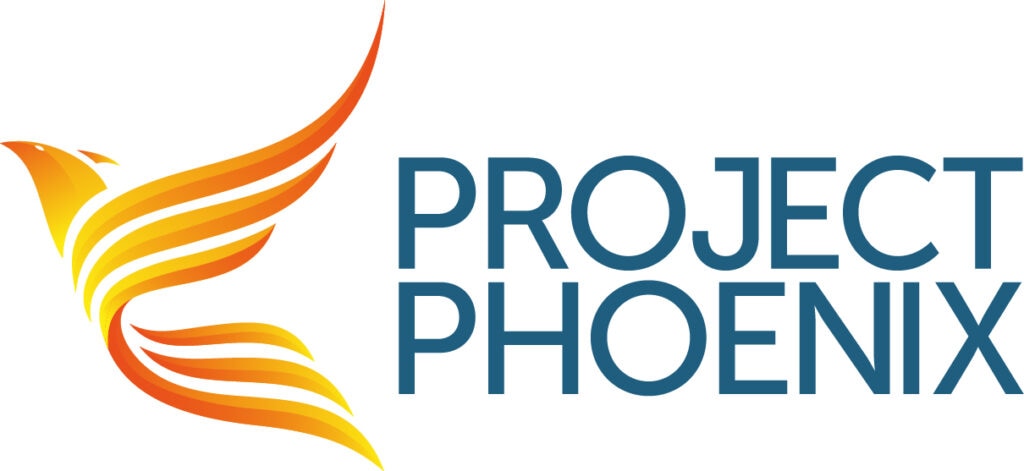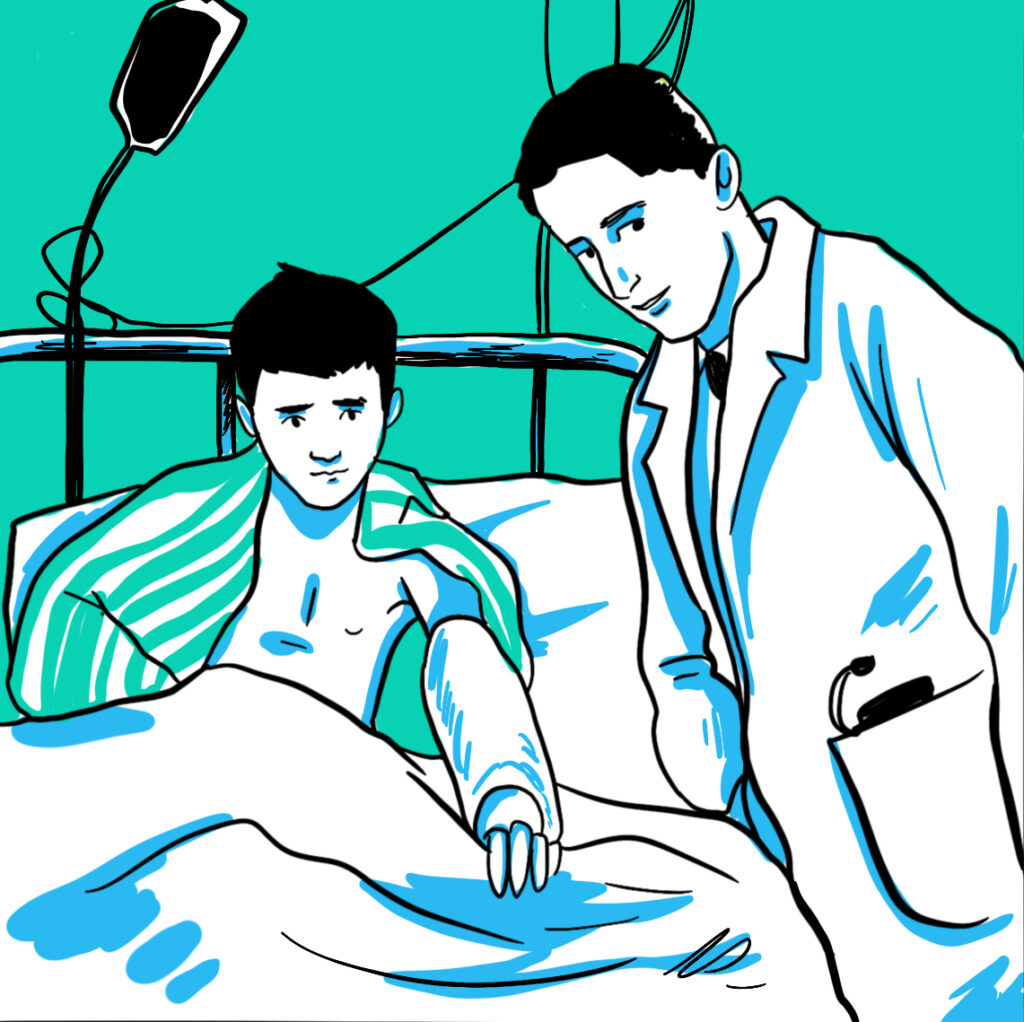Women shouldn’t need to ask for equitable care

By Hannah Yarnall, Youth Ambassador for The Haemophilia Society UK
How can you help improve the lives of women living with a bleeding disorder? Easy answer – take the time to listen. Last month I had the opportunity to join Haemnet as they hosted a Project Phoenix group discussion with women across the UK in which they could share their healthcare experiences.
I have been a Youth Ambassador for 6 years and a woman with a bleeding disorder for much longer and each time I talk with women in my community I always have the same feelings; admiration, solidarity and frustration – this discussion was no different.
The common issue for most members of the group was lack of awareness outside of their centres. Members discussed their anxiety around visiting GPs and A&E centres which have sometimes demonstrated limited knowledge of their bleeding disorders. Increasing awareness in health professionals via additional learning opportunities, either during their university career or as additional learning once qualified, would improve the patient’s confidence and trust in the care they are receiving.
With regard to awareness within their centres, it was interesting to hear which services the group had access to and which they were using. Some women would solely see their doctor once a year, whereas others had access to dentists and gynaecologists. As the discussion continued it was unanimous that there should be the same level of access to care for all patients.
There is a high level of self-advocacy within the group. It is clear that most of these women have the support and guidance from other families. They have been able to listen to other families’ stories and receive advice on how to work with centres to access certain services. However, not all members of the group have a support network. To improve this, the group felt they need more charity representation, focusing on some of the rarer conditions. This could help create and distribute resources about their bleeding disorder and at the same time link people living with same rare disorders.
Being a woman with a bleeding disorder will lead to a lot of awkward conversations and some people may not want “to cause a fuss.” The best thing about the session was creating a platform for these women to speak and share experiences. It was great to see these women advocating for the care they deserve but at the same time raises the question of – shouldn’t all members of the bleeding disorder community be given access to the same standard of care without having to ask?
Be sure to follow us on Twitter @haemnet and check out the #ProjectPhoenix hashtag to keep up to date.



